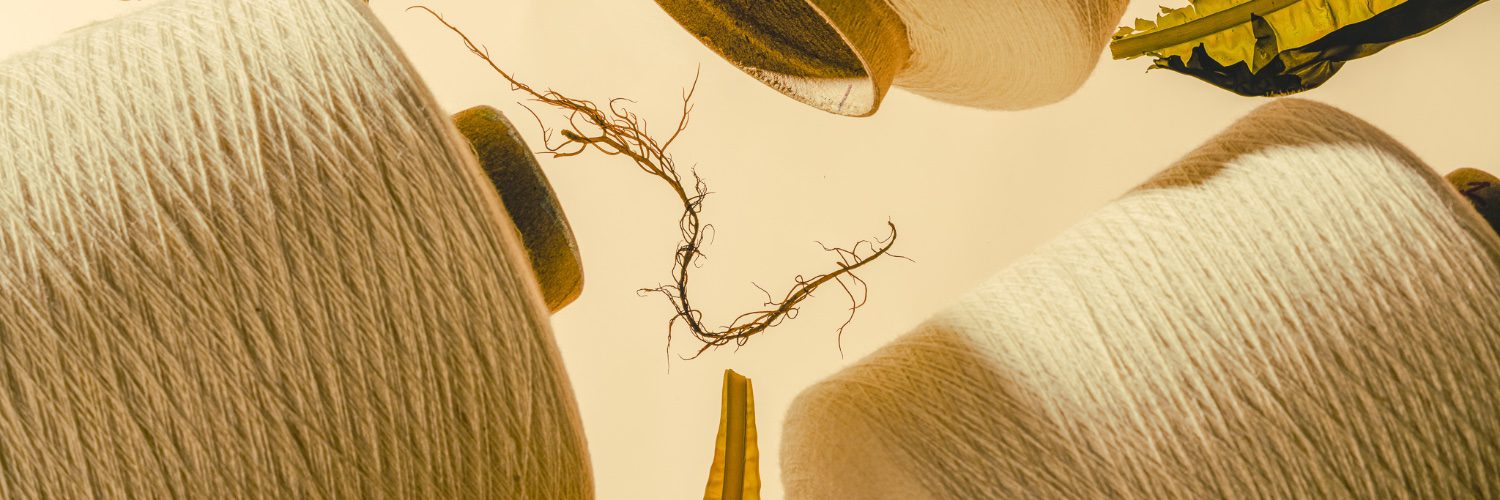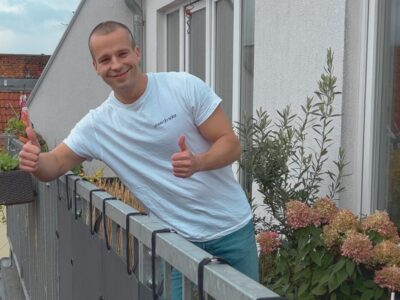Textile producer Keel Labs, formerly known as AlgiKnit, is helping solve the industry’s sustainability problem by creating more environmentally-conscious fibers and yarns using renewable and regenerative organisms such as kelp. The company, which recently rebranded itself, was founded in 2017 on the simple principle that there is a way to design better textiles using sustainable materials. This past summer, it raised $13 million in series A funding, including backing from the H&M Group and Starlight Ventures, to provide major clothing and textile manufacturers with these renewable tools and materials.
The Keel Labs process begins with seaweeds such as Macrocystis pyrifera, a giant kelp, one of Earth’s most renewable organisms, and turns them into yarns and fibers that do not require any petroleum or toxic chemicals to produce. The rebranding announcement also brought an official name for its flagship seaweed-based yarn product, Kelsun™.
Founders Tessa Callaghan, Aleks Gosiewski, and Aaron Nesser all have fashion industry backgrounds but were troubled by the industry’s carbon emissions — a whopping eight to 10% of the world’s emissions, driven by 342 million barrels of crude oil annually.
Without leaving a trail of pollutants like traditional textiles, Keel Labs’ yarns and fibers can be used for everything from clothing to furniture, shoes to accessories, and automotive components to home interiors.
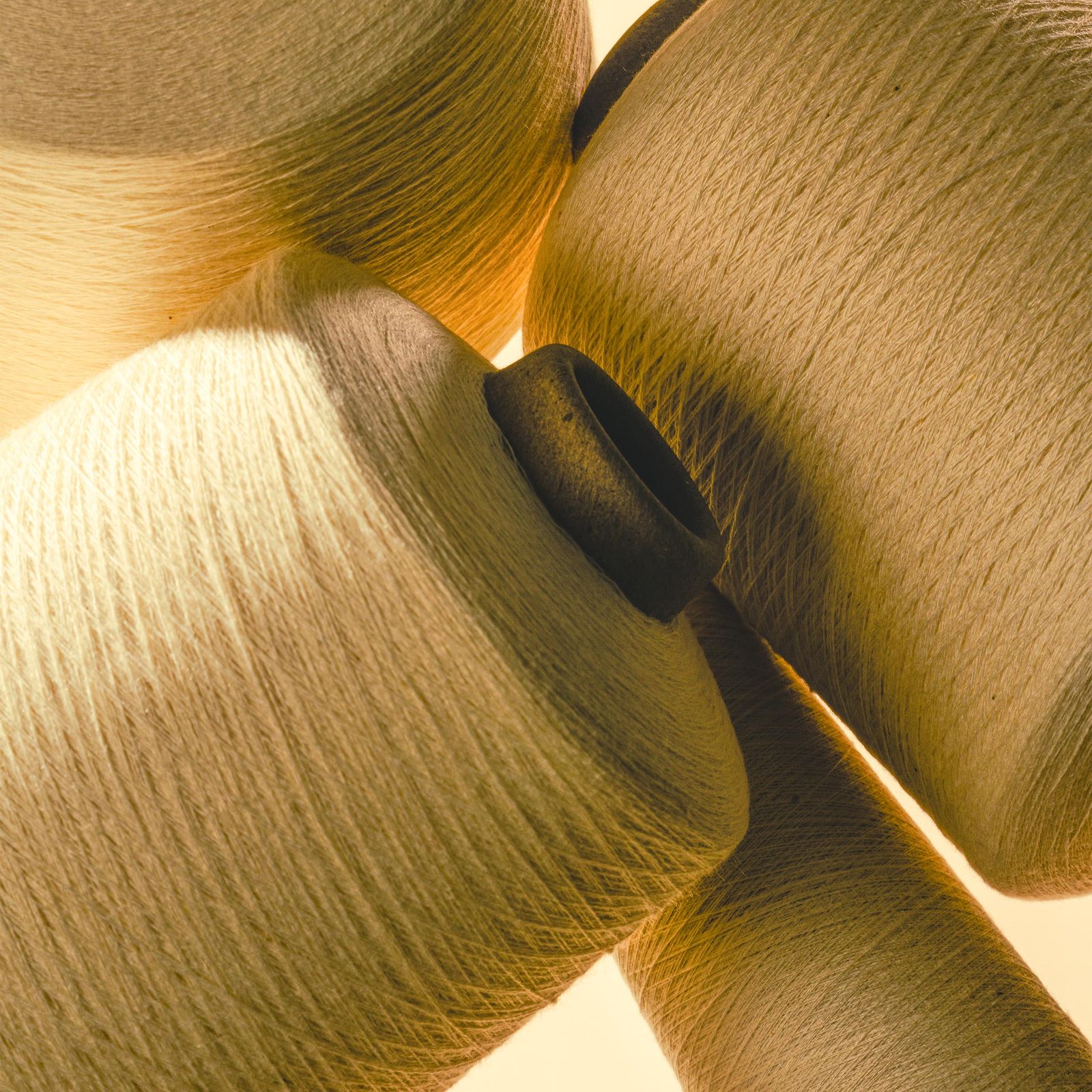
“Giant kelp doesn’t rely on harmful fertilizers and pesticides to grow, [and it] does not necessitate the use of arable land or fresh water and efficiently sequesters CO2 from the ocean,” said Callaghan.
The founders are confident that these kelp-based fibers can significantly shift the fashion industry’s environmental impact. Since kelp grows in massive offshore underwater forests, they are easily accessible and regenerate quickly.
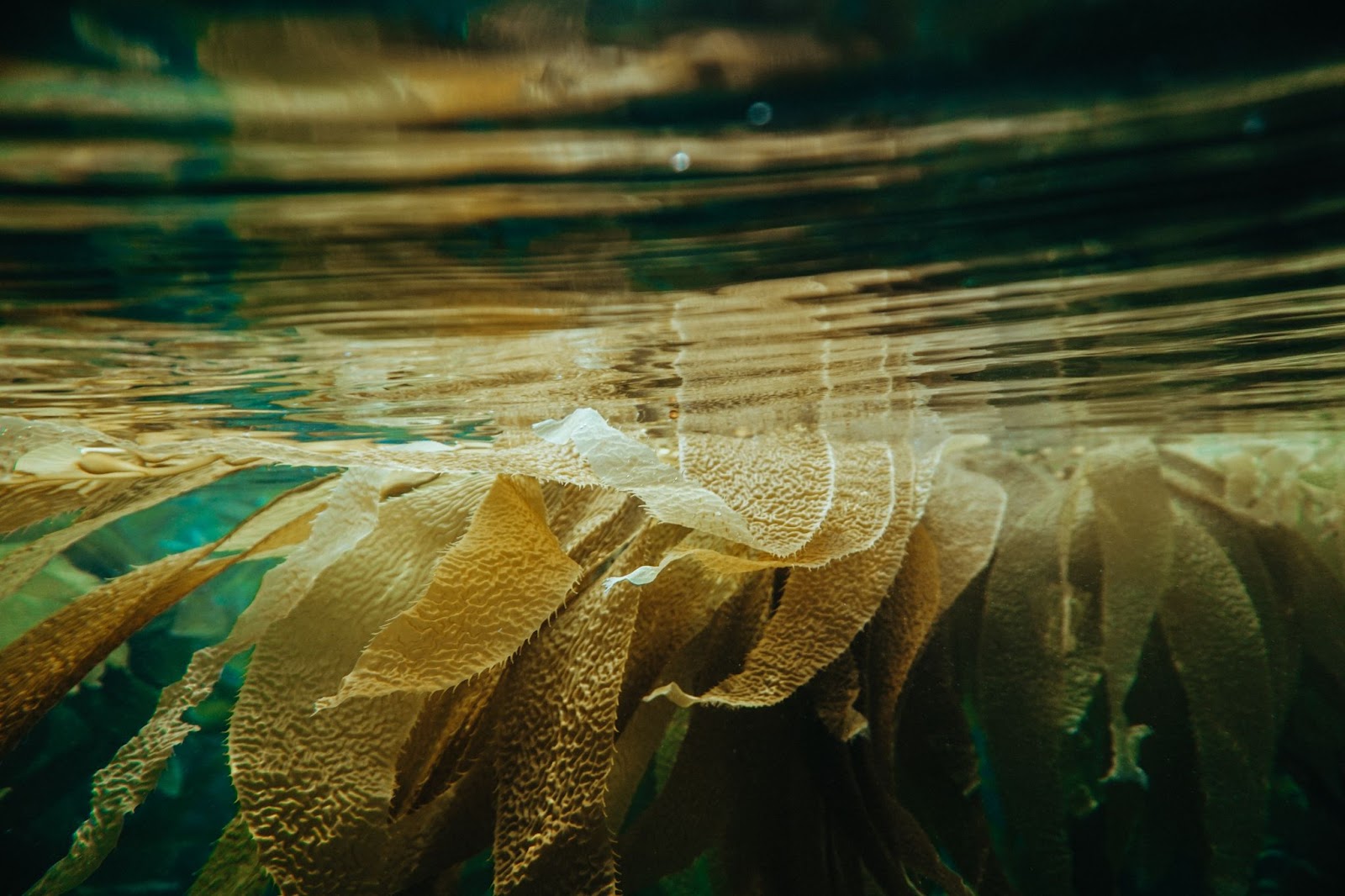
“We know consumers need more cost-competitive, environmentally-sound material options that perform as well as conventional materials,” said Nesser. “The yarn we’re producing today has the look and feel of the natural fibers consumers are familiar with, plus all the makings of a no-compromise conscious material.”
The funding allows Keel Labs to scale worldwide by expanding its team and investing in further research and development. Additionally, it opened an upcycled material innovation hub in North Carolina’s Research Triangle. The company’s actions are designed to bring positive change to the planet.
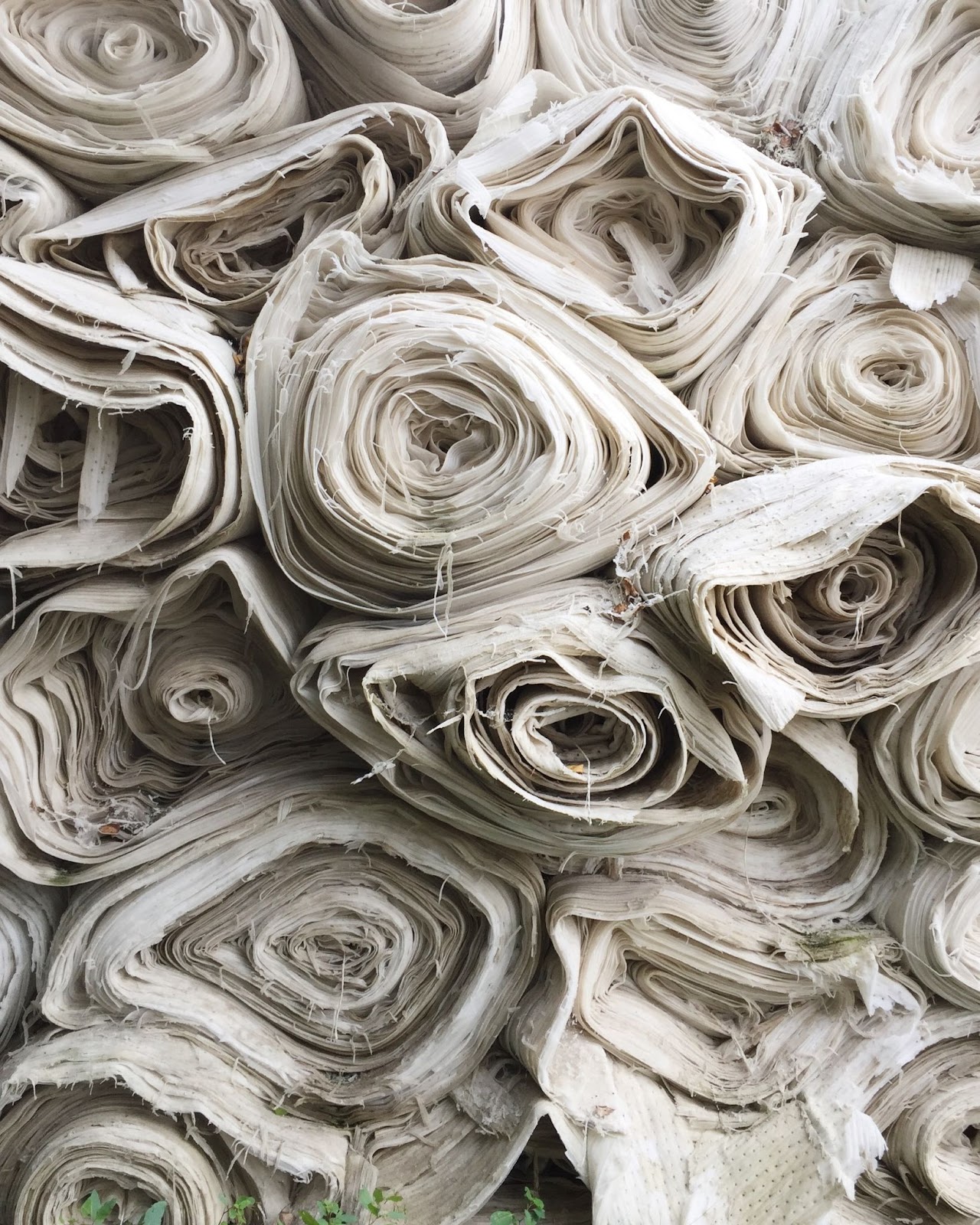
“Sustainability is no longer a luxury; it has become a requirement,” Callaghan said. “We hear this sentiment expressed by brands across a wide range of industries, and it speaks to the scale of impact we need to achieve.
”With the global ethical fashion market growing in leaps and bounds — almost 10% a year — companies like Keel Labs are at the forefront of a profitable and sustainable new approach for the textile industry. This approach offers significant returns financially and on the planet’s long-term health, all without sacrificing the quality or the availability of popular products.”

